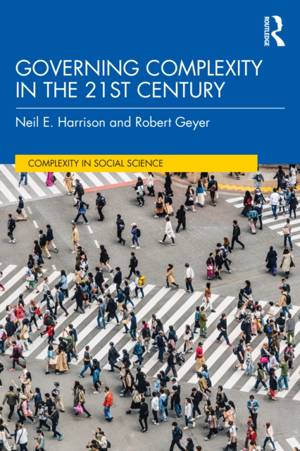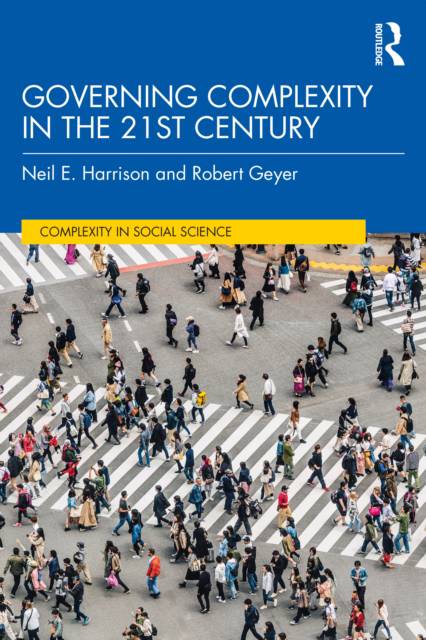
- Retrait gratuit dans votre magasin Club
- 7.000.000 titres dans notre catalogue
- Payer en toute sécurité
- Toujours un magasin près de chez vous
- Retrait gratuit dans votre magasin Club
- 7.000.0000 titres dans notre catalogue
- Payer en toute sécurité
- Toujours un magasin près de chez vous
Description
Governing Complexity in the 21st Century surveys the ways in which social systems are becoming more complex. It shows how this complexity impacts every aspect of life for individuals, governments and societies in most social systems at individual, regional, national and global scales and explores how embracing 'complexity thinking' can greatly improve the art of governance in all policy areas.
The book clearly explains the ideas and methods of complexity science--widely accepted in both the natural and social sciences--then demonstrates how 'complexity thinking' can be applied to improve our understanding of governance and policy actions. Providing a deep analysis of many governance challenges, including economic development and technological innovation, environment management, climate change and development in the Middle East, the book also compares national responses to the COVID-19 pandemic.
Clear and jargon-free, this book is accessible to undergraduates and scholars alike. It is essential reading for policymakers everywhere, showcasing methods for governing effectively and efficiently in our increasingly complex world. It brings together the broad range of social and environmental science fields and will be useful for those studying or working in policy, politics and international relations, environmental issues, business management, philosophy, history and sociology.
Spécifications
Parties prenantes
- Auteur(s) :
- Editeur:
Contenu
- Nombre de pages :
- 208
- Langue:
- Anglais
- Collection :
Caractéristiques
- EAN:
- 9780367276270
- Date de parution :
- 05-11-21
- Format:
- Livre broché
- Format numérique:
- Trade paperback (VS)
- Dimensions :
- 156 mm x 234 mm
- Poids :
- 326 g

Les avis
Nous publions uniquement les avis qui respectent les conditions requises. Consultez nos conditions pour les avis.






